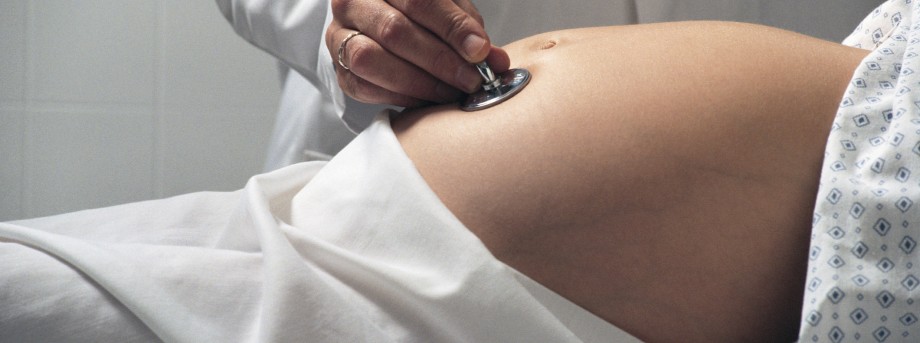The University of Nottingham
 Exchange online
Exchange online
Research Exchange
World’s largest pre-eclampsia study

Researchers from The University of Nottingham are leading the largest ever international research project into the genetics of the potentially fatal condition pre-eclampsia.
The research will aim to provide new insights into the prevention, prediction and treatment of the disease, which kills up to 40,000 women and almost one million babies every year worldwide.
As part of the study, DNA collected from thousands of pregnant women, including many from Nottingham, will be studied in an attempt to find genetic clues which may predict which women are more at risk of developing the illness.
Dr Linda Morgan, associate professor in The University ’s School of Molecular Medical Sciences, said: “We are studying the genes which lead women to develop pre-eclampsia. By understanding which genes cause the disease, it may be possible to prevent pre-eclampsia or improve treatment.”
Pre-eclampsia affects around 5% of pregnancies, developing in the second half of pregnancy, often without warning signs, and is detected when the mother is found to have high blood pressure and protein in her urine.
If left untreated, it can have devastating consequences for both mother and child and in the most serious cases can be fatal. It is associated with small babies and premature births and in the mother can lead to convulsions, bleeding and damage to the liver.
Nottingham is co-ordinating the InterPregGen (International Pregnancy Genetics) study, which also involves obstetricians, midwives and geneticists from Finland, Iceland, Kazakhstan, Norway, Uzbekistan and the universities of Leeds and Glasgow, the London School of Hygiene and Tropical Medicine and the Wellcome Trust Sanger Institute in the UK.
Funded with a €6m grant from the European Union, the project will run for four-and-a-half years and will aim to develop our understanding of the genetic link which scientists believe plays a major role in pre-eclampsia.
The condition runs in families — a woman whose mother or sister has had pre-eclampsia is at least three time more likely to develop the disease. As babies inherit genes from both parents the study will be looking at the genetic makeup of mother, father and child.
Once the researchers find a gene that is connected with pre-eclampsia, they can identify in detail what that particular gene does and find out when it is active during pregnancy. The academics will then be able to decide whether it is at work in the mother, baby or the placenta. When they understand the genetic mechanisms influencing the condition, they will be in a better position to prevent and treat it.
It will also help to identify women who are at the highest risk of developing the condition during their pregnancy, so that additional ante-natal care can be provided for them.
As part of the international study, researchers will be undertaking whole genome sequencing of people from Central Asia for the first time, in a similar way to the 1,000 Genomes project, which will also provide long-term biological information for future research in these populations.
Leave a Reply
Other News

Top prize for quantum physicist
A University of Nottingham physicist has won a prestigious medal from the Institute of Physics for […]

Zero carbon HOUSE designed and built by students comes home
Design and construct a low cost, zero carbon, family starter home, transport it to Spain, build […]